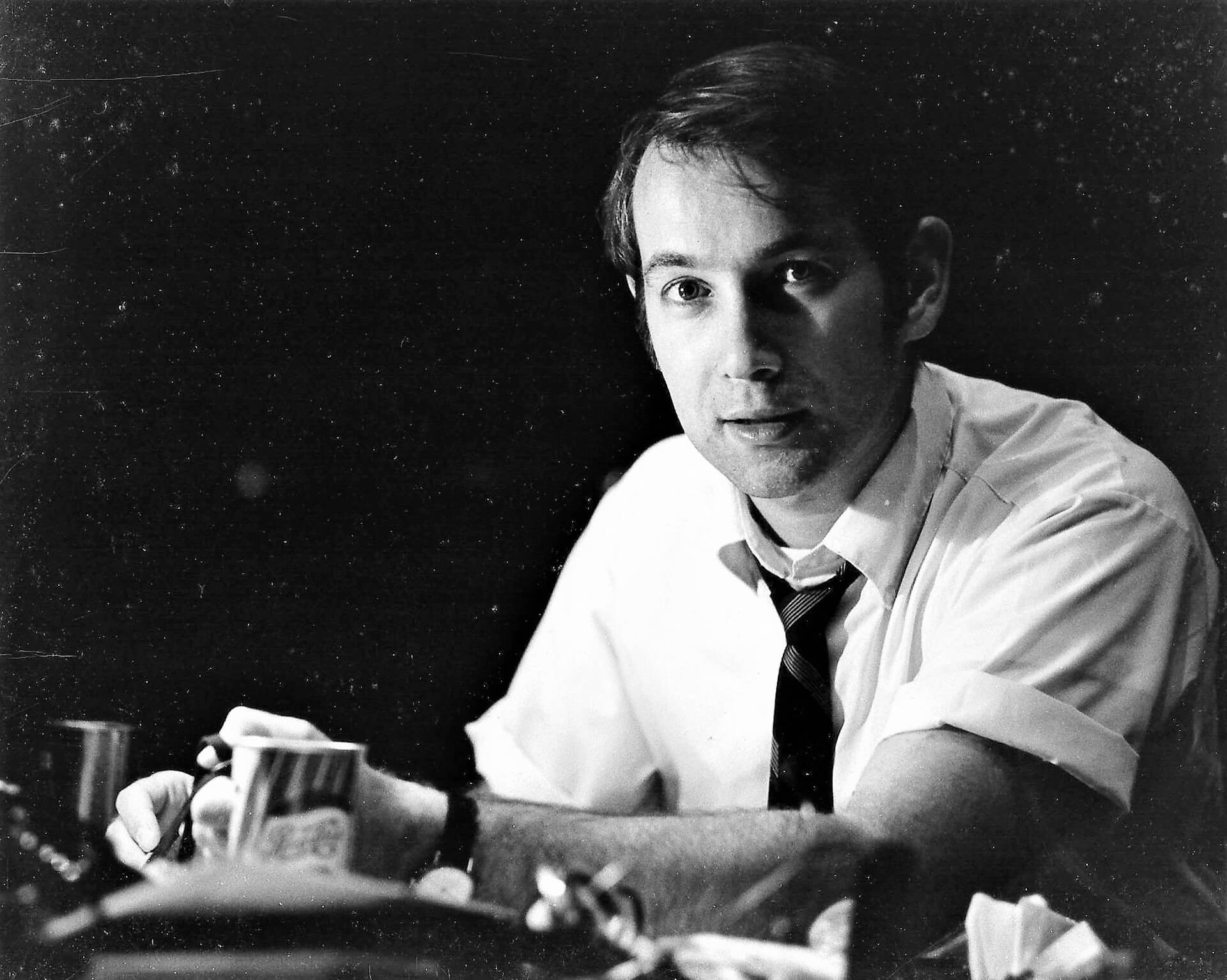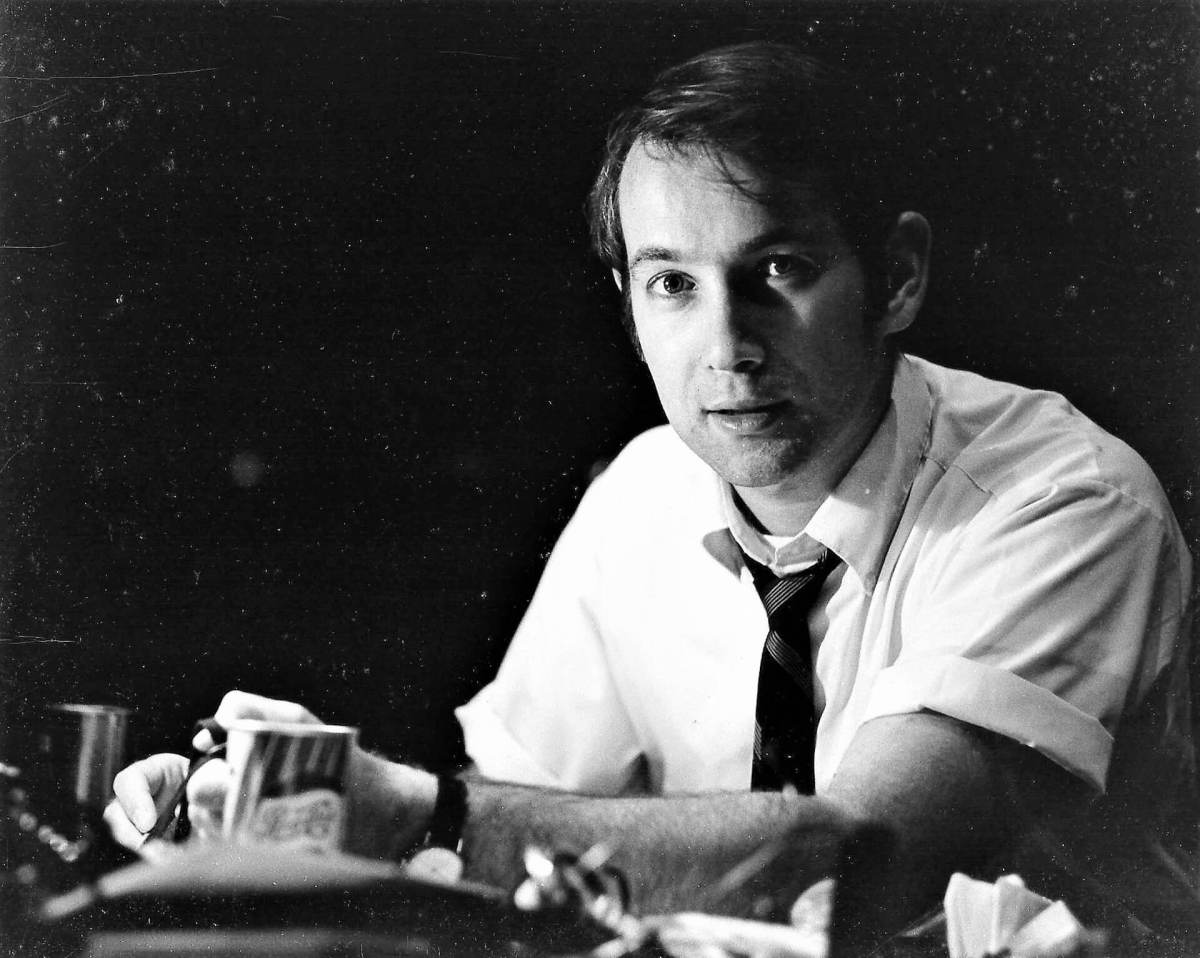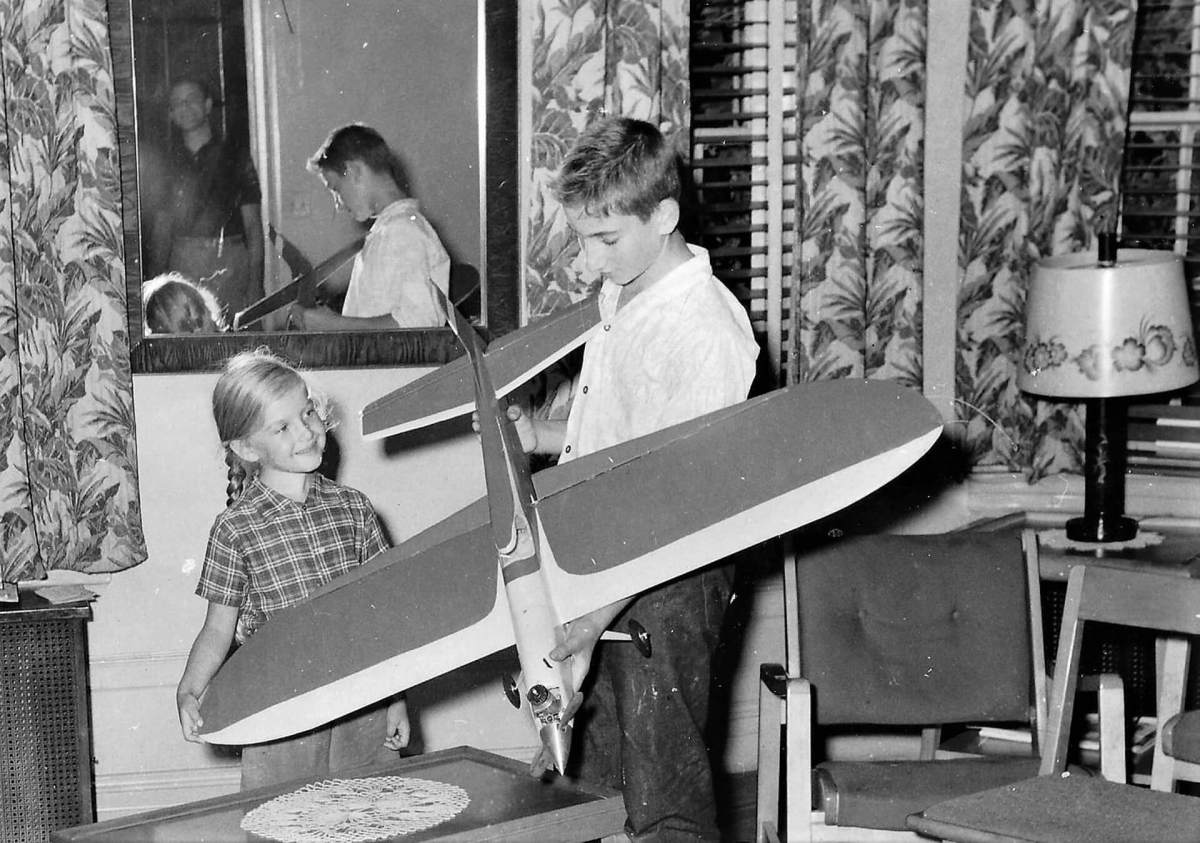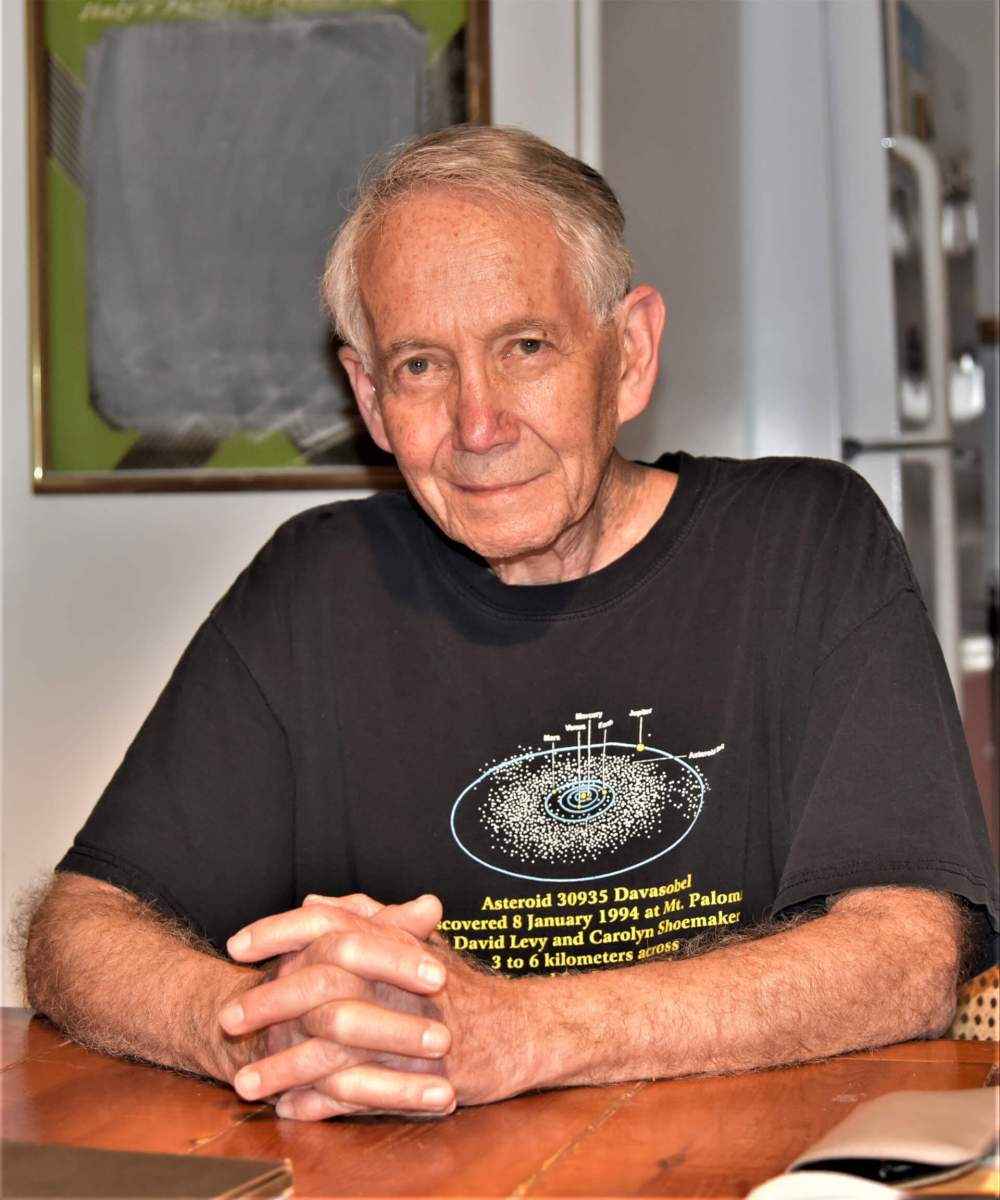A Walk Down Memory Lane with Steve Sobel

“I’ve driven cross country 11 times,” said Steve Sobel. “The last time was with my cat, Halo. That was two years ago.”
Now a resident of East Hampton, Sobel is a graduate of the American Academy of Dramatic Arts. “I knew when I graduated that I wasn’t going to be an actor. Rather, I would be in technical theater,” he explained.
“I was interested and fascinated with what the academy’s stage manager did and knew that’s what I wanted to do. But it’s tough to get your name out there, so I started by working as an apprentice in summer stock, building scenery and working backstage.”
In 1962, he got his first break when he met Robert Moss, a well-known stage manager, performer, and producer. Sobel began working for him on a travelling children’s show that went to schools around the city. At the time, Moss was stage managing a show at the off-Broadway Martinique Theater. When he moved on to become manager for The Pinter Plays at the Provincetown Playhouse, Sobel took over his job at the Martinique, and when Moss went on to manage a Broadway show, Sobel took over as stage manager of The Pinter Plays.
With the Vietnam War raging in the background, Sobel’s stage-managing career came to an abrupt halt when he was drafted. He spent two years in the army, stationed in Fairbanks, AK. Although Sobel says that he hated Alaska, he acknowledged, “I really didn’t have the right to complain. I was never in harm’s way and I was never in a position in which anyone was shooting at me.”
When he completed his military service, he landed a position at Bucks County Playhouse in New Hope, PA. He soon moved to Philadelphia, where he became one of the stage managers at the Theater of the Living Arts, working with the avant-garde Artistic Director, Andre Gregory.
A year later, Steve moved to Los Angeles and became one of the original stage mangers at the Inner City Repertory Company, and in 1968, Sobel became stage manager of the Shakespeare Festival at the Old Globe Theater in San Diego.
But, he admitted, “The bottom sort of dropped out of stage managing. I wasn’t getting enough work and was not stage managing on a regular basis. Sometimes I would work with the stagehands moving scenery day to day, sometimes I’d be driving a cab or delivering the Los Angeles Times in the middle of the night. I wanted a better future.”
During this time, Sobel was having some dental work done. “I became interested in and fascinated by what my dentist was doing to me. And I envied his lifestyle. I thought, ‘I wonder if I could do that.’ I’d been a dental patient all my life.”
He decided to give it a shot. After all, he said, “I come from a medical family background. My father was a physician. So were my brother and uncle, and my other uncle was a dentist.” Steve moved back to New York and applied to New York University to first get his bachelor’s degree so that he could then apply to a school of dentistry.
He received his degree from NYU and went on to Temple University’s School of Dentistry, graduating in 1976. He spent a year at Albert Einstein Hospital doing his residency.
The land of sunshine beckoned Sobel back and he worked in private practice for a while until he became a fulltime professor, teaching dentistry at the University of Southern California. Although Sobel moved to California “for the endless summers,” he returned to New York in 2016 to be near his only remaining relative, his sister, the New York Times best-selling author Dava Sobel.
Sobel recalls showing his sister the model airplanes and ships that he would painstakingly assemble. He continues to enjoy this hobby today. A model prominently displayed in his living room is a replica of the PT-157, the boat that rescued John F. Kennedy and his crew in the Pacific Ocean during World War II.
Rather than being remote control, the planes he builds are U-Control, connected by at least two sets of long lines which allow the operator to control the plane. Although he likes living near his sister in East Hampton, Sobel laments, “There’s nowhere to fly planes. They require a large open field and the U-Control lines can be as long as 70 feet in length. You need to be able to circle around without any obstructions and it isn’t safe for anyone to be walking in the field when you’re flying.”
Besides building and flying models, Sobel is also the founder of Story Salon East. Each week he organizes a forum in which individuals of all ages can come to tell a story or just listen to other people’s stories. The event draws a crowd and is scheduled every Wednesday at Ashawagh Hall in Springs, East Hampton.
valerie@indyeastend.com






